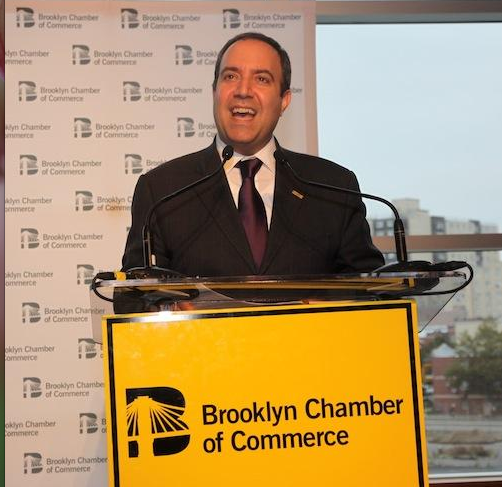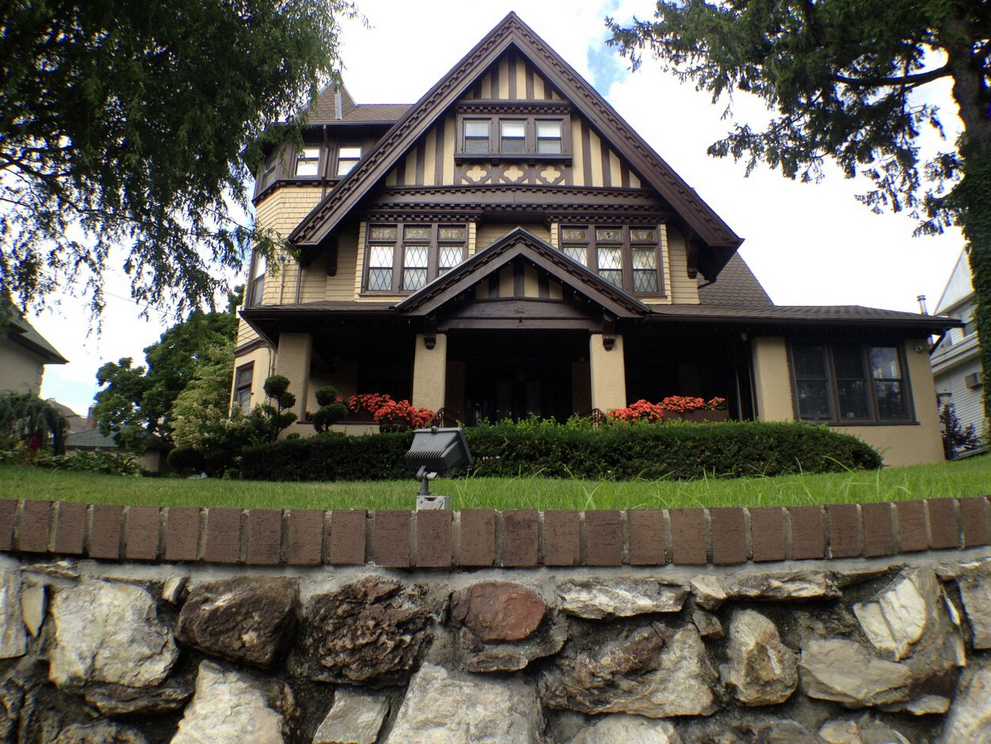Chamber of Commerce is key player in efforts to form BIDs

Screen Shot 2013-10-08 at 1.53.05 PM.png
The Brooklyn Chamber of Commerce is flexing its muscles by becoming the primary backer in efforts in two different neighborhoods to form business improvement districts.
“BIDs are good things,” Carlo Scissura, president and CEO of the Brooklyn Chamber of Commerce (BCC) told the Dyker Heights Civic Association at its meeting Monday night.
The BCC is supporting an effort by the 13th Avenue Merchants Association to establish a BID on that avenue. Under the plan, the BID would cover 13th Avenue from 64th Street to 86th Street and would operate on an annual budget of $248,000.
